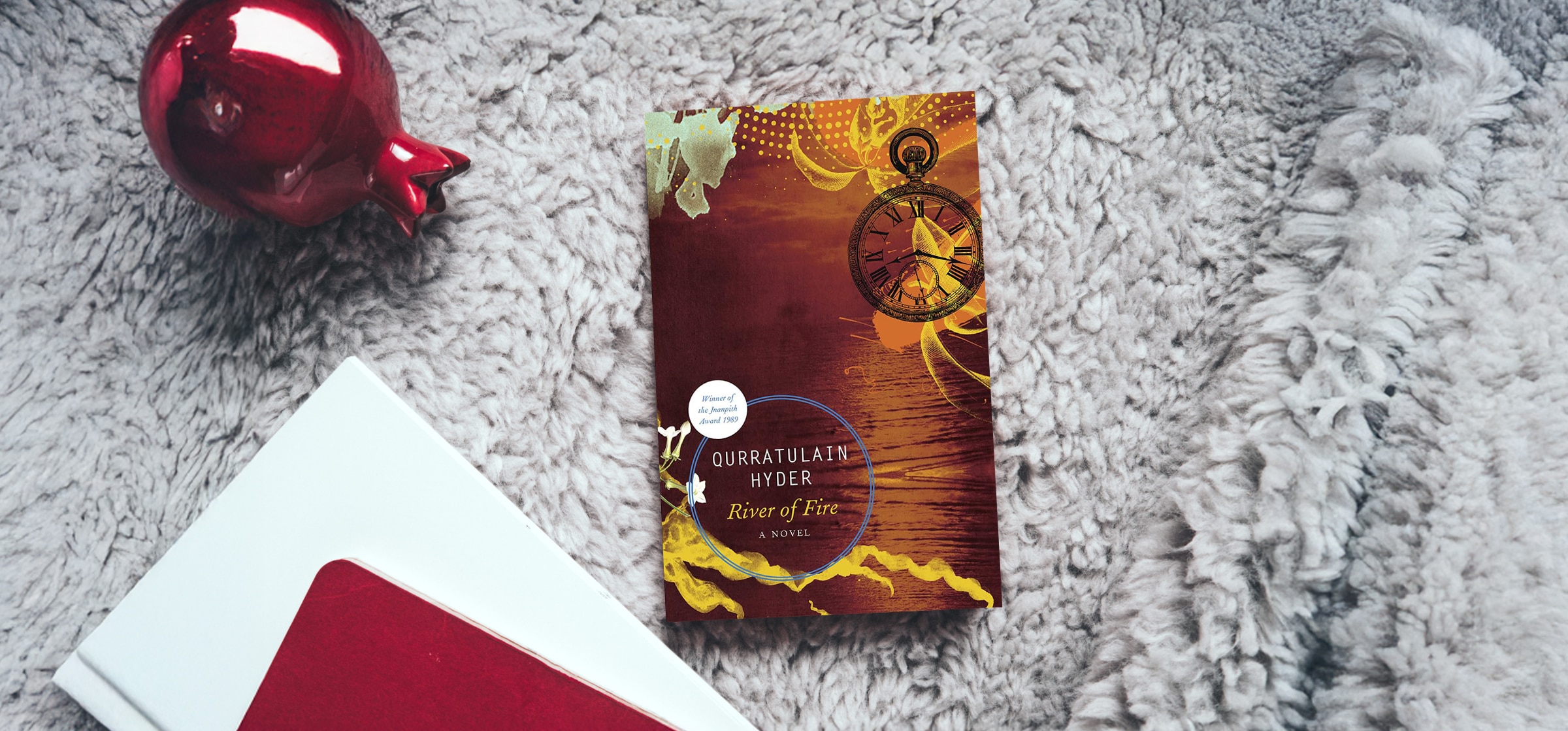- HOME
- /
- Culturescape
- /
- Me & My Shelf
- /
Srinath Raghavan's 10 All-time Favourite Reads
Srinath Raghavan is the author of several books on the history of modern South Asia, including most recently, Indira Gandhi and the Years that Transformed India. He won the Infosys Prize for social sciences in 2015. He teaches at Ashoka University.

In an Antique Land by Amitav Ghosh, Penguin
A brilliant, unclassifiable blend of Ghosh’s anthropological work in Egypt and his dogged archival research on the life of a 12th-century Jewish merchant and his Indian slave—all rendered in a narrative of enticing clarity.
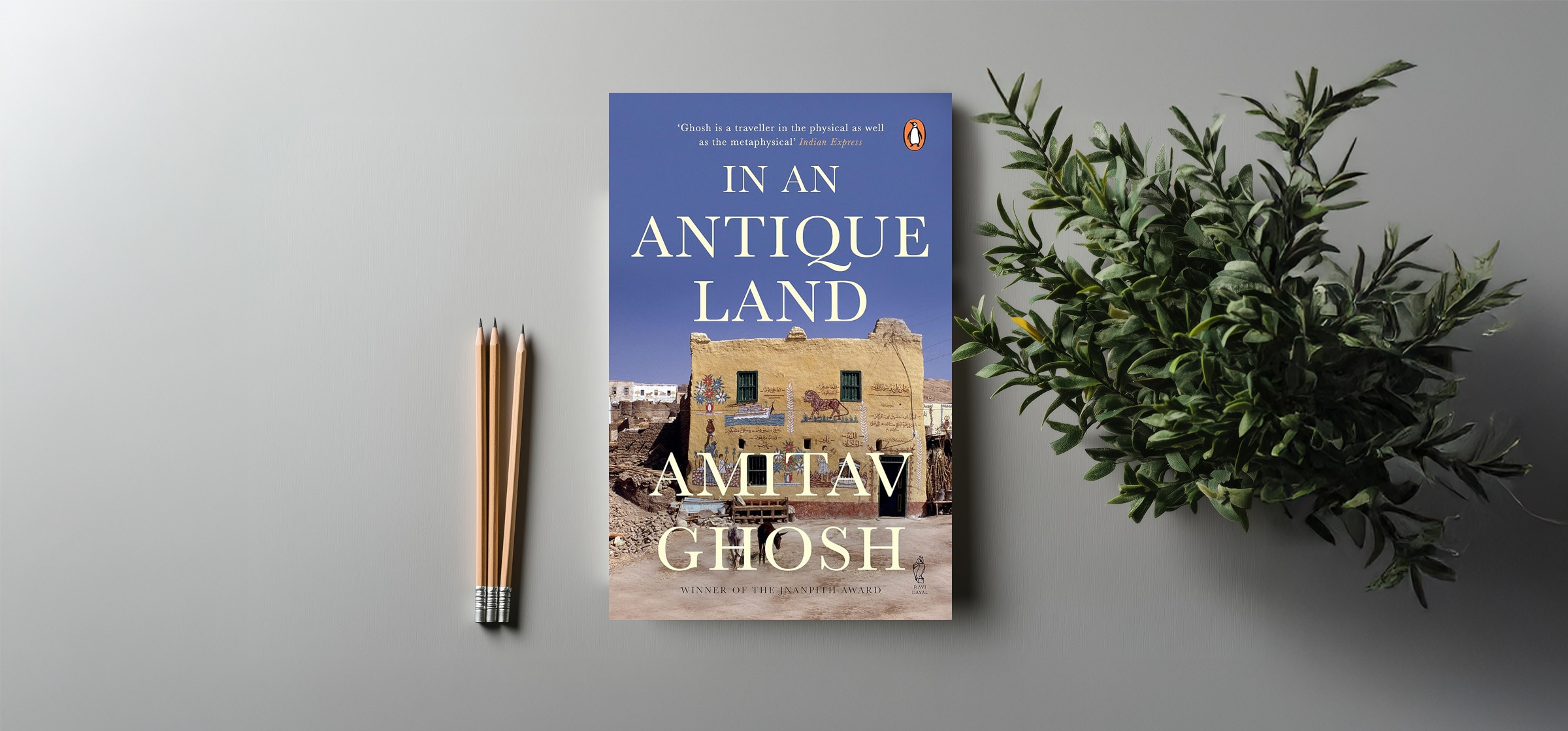
The Making of the Atomic Bomb by Richard Rhodes, Simon & Schuster
I first read this book at the age of 14—I still find it enthralling. Rhodes is not a historian, but the depth of his research and the vigour of his prose has made this the standard narrative history not just of the Manhattan Project but of the development of atomic physics in the first half of the 20th century.
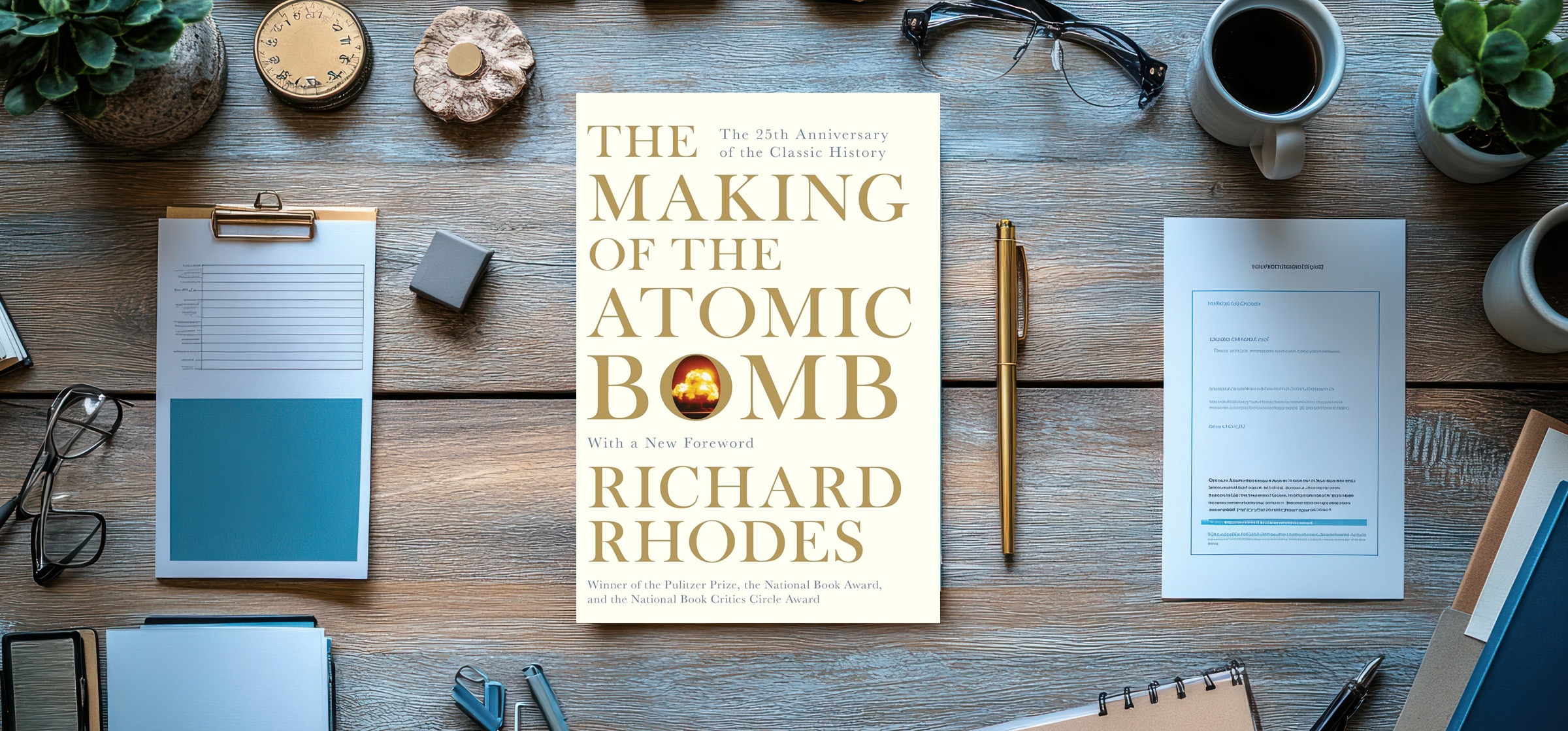
The Common Reader (Complete Edition) by Virginia Woolf, Read Books
Woolf did as much as anyone in remoulding literary conventions in the 20th century. However, I first encountered her writing through these essays on other writers. I was (and remain) entranced by the virtuosity of her style as well as by the sharpness of her appraisals.
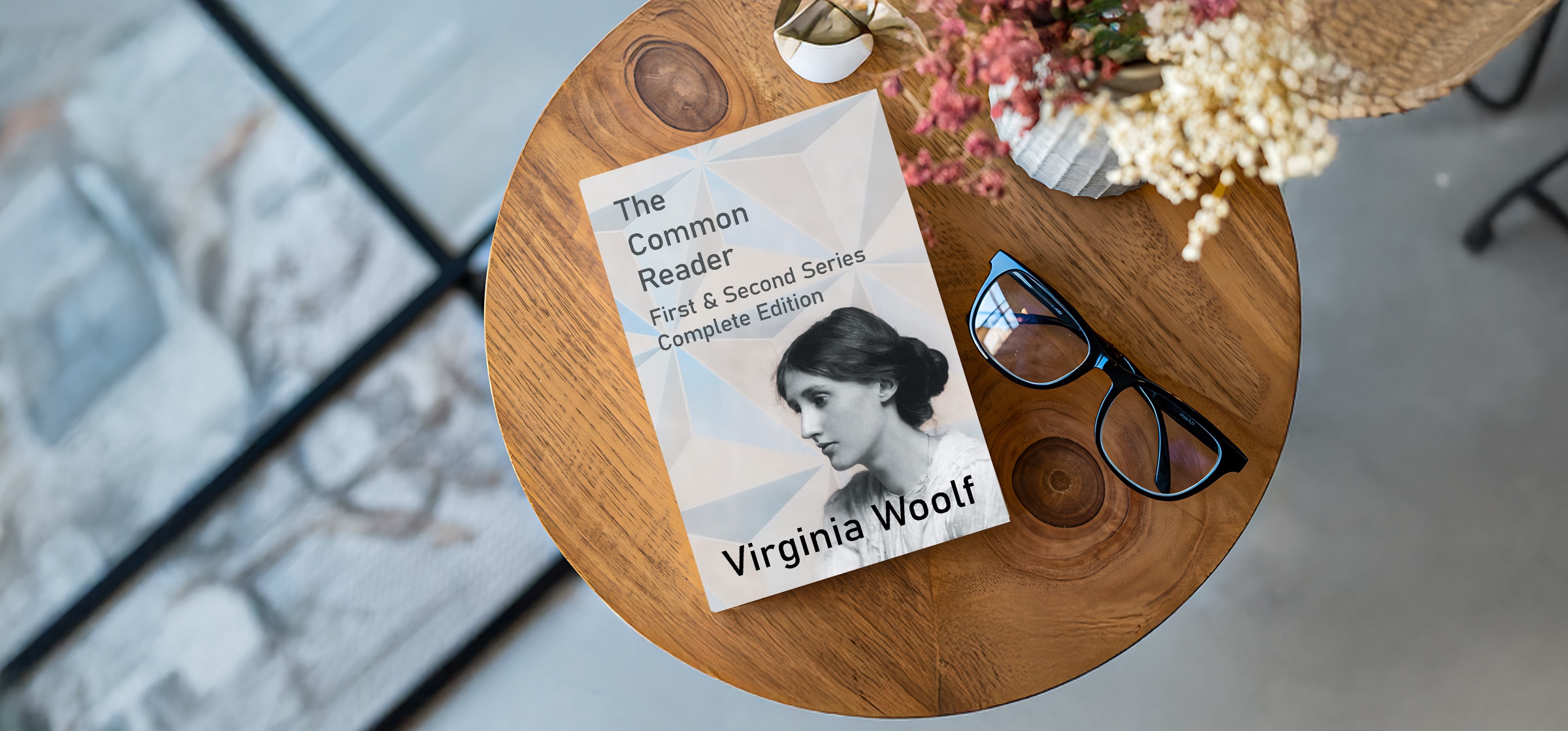
Sword of Honour by Evelyn Waugh, Penguin
A trilogy on the second World War by another master of English prose. Anyone with a passing familiarity with military life will recognize Waugh’s achievement in capturing its strange combination of boredom and terror. I read it every few years.
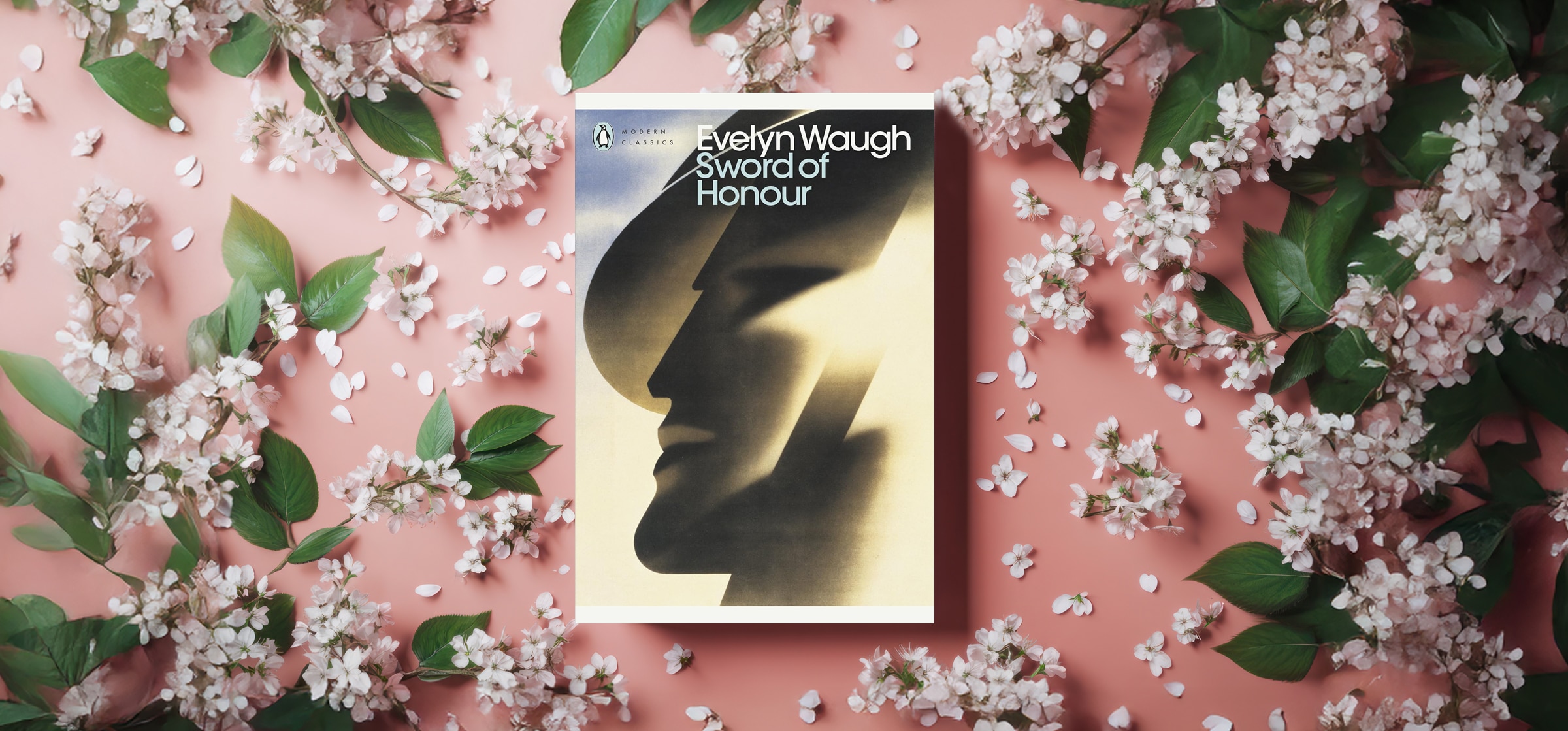
Uncertain Glory by Joan Sales, Orient Blackswan
Roll over, Hemingway and Orwell. This Catalan novel is the best yet written on the Spanish Civil War. Sales captures the social, emotional and psychological complexities of the internecine conflict through a memorable cast of characters and polyphonic style.
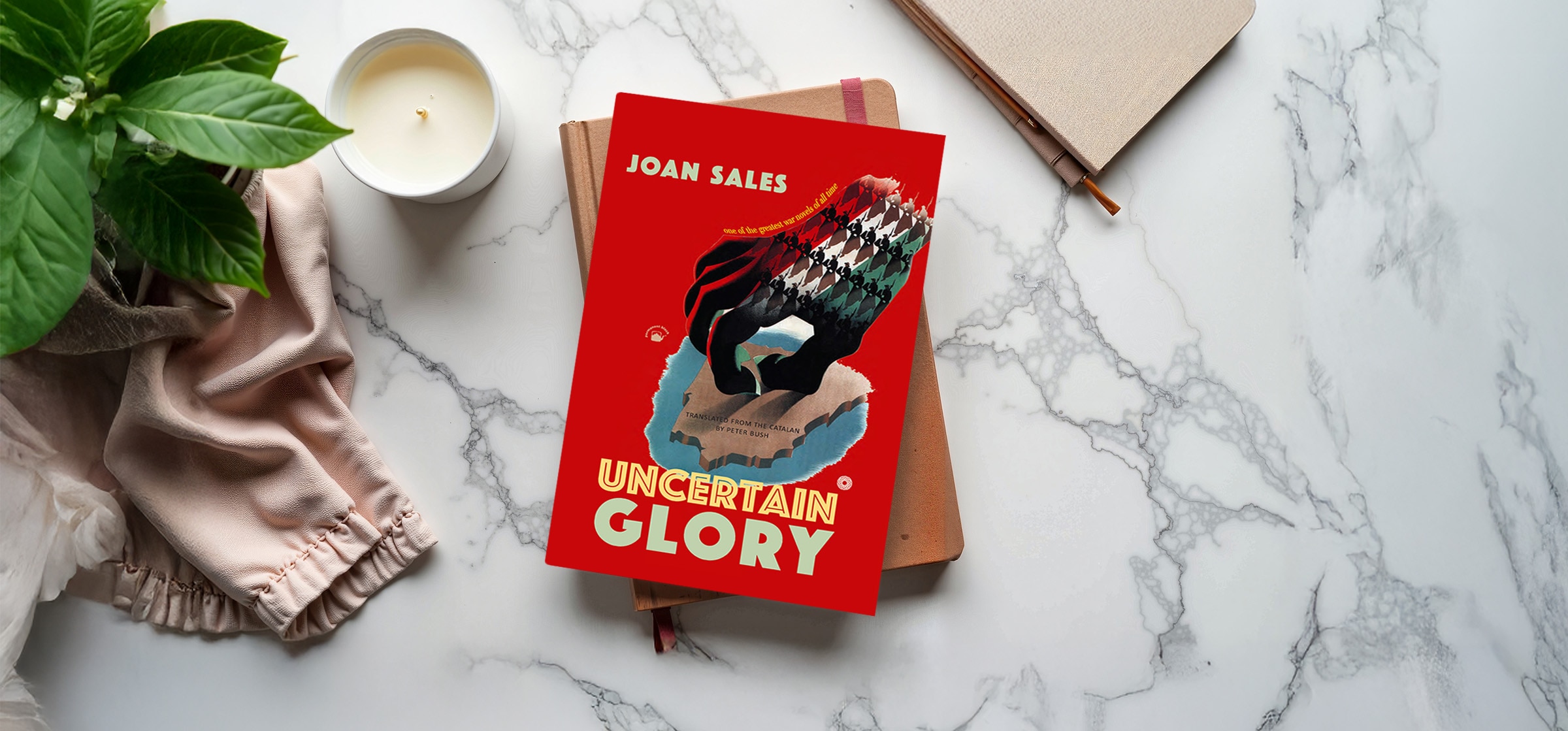
The Idea of India by Sunil Khilnani, Penguin
Published almost three decades ago, this remains the best short introduction to modern Indian history and politics. A remarkably well-written work whose insights continue to inform and provoke.
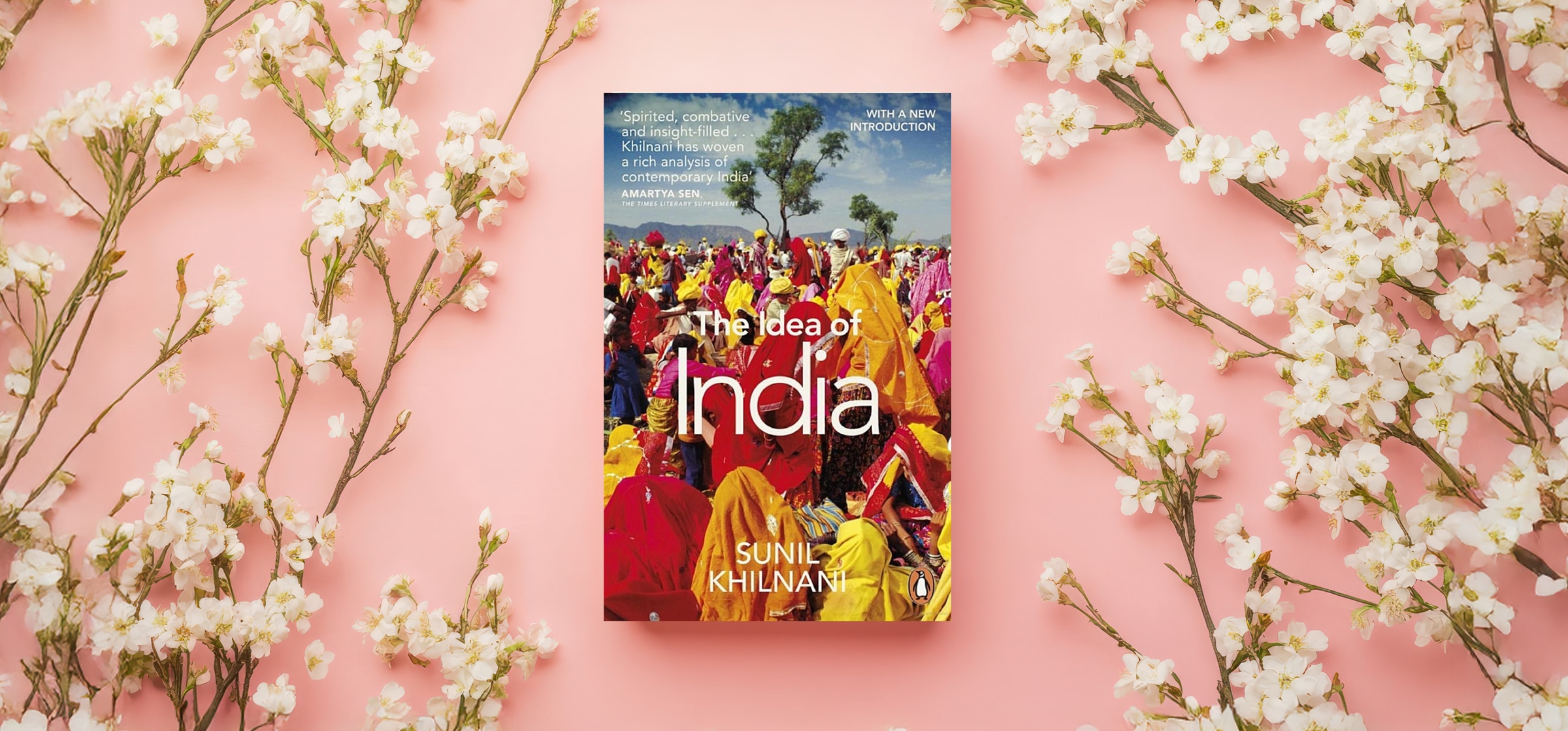
Khwabnama by Akhtaruzzaman Elias, Translated by Arunava Sinha, Hamish Hamilton
My nominee for the great South Asian novel. Elias was a Bangladeshi writer who died in his early 50s. The novel is a remarkable evocation of lives in the lowest reaches of rural east Bengal on the cusp of partition and independence. A great work of historical empathy and storytelling.
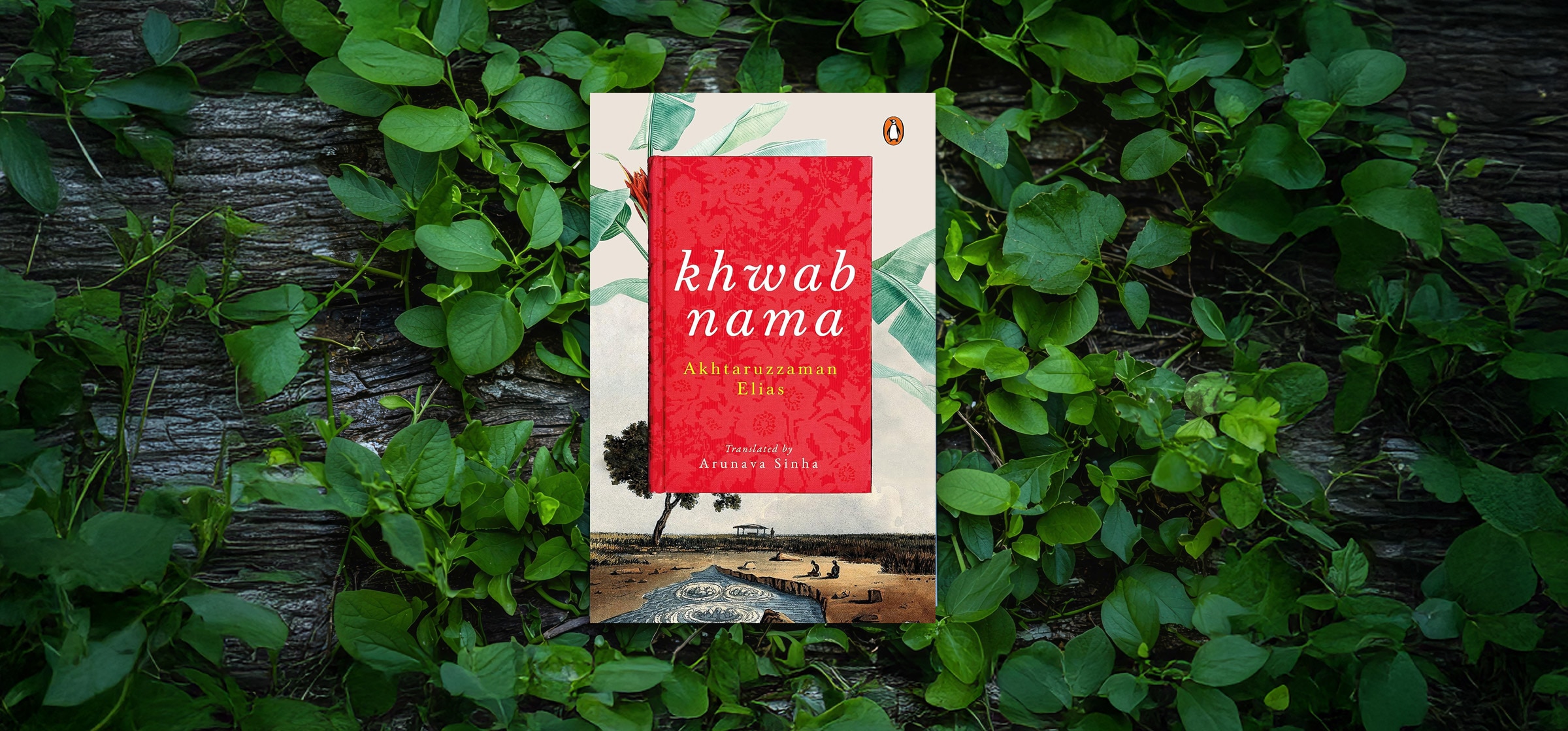
Christ Stopped at Eboli by Carlo Levi, Penguin
An Italian counterpart to the lives depicted by Elias. Levi was externed by the Fascist regime to a remote part of southern Italy. His account of the time there is deeply sympathetic yet utterly unsentimental. I am moved on every reading.
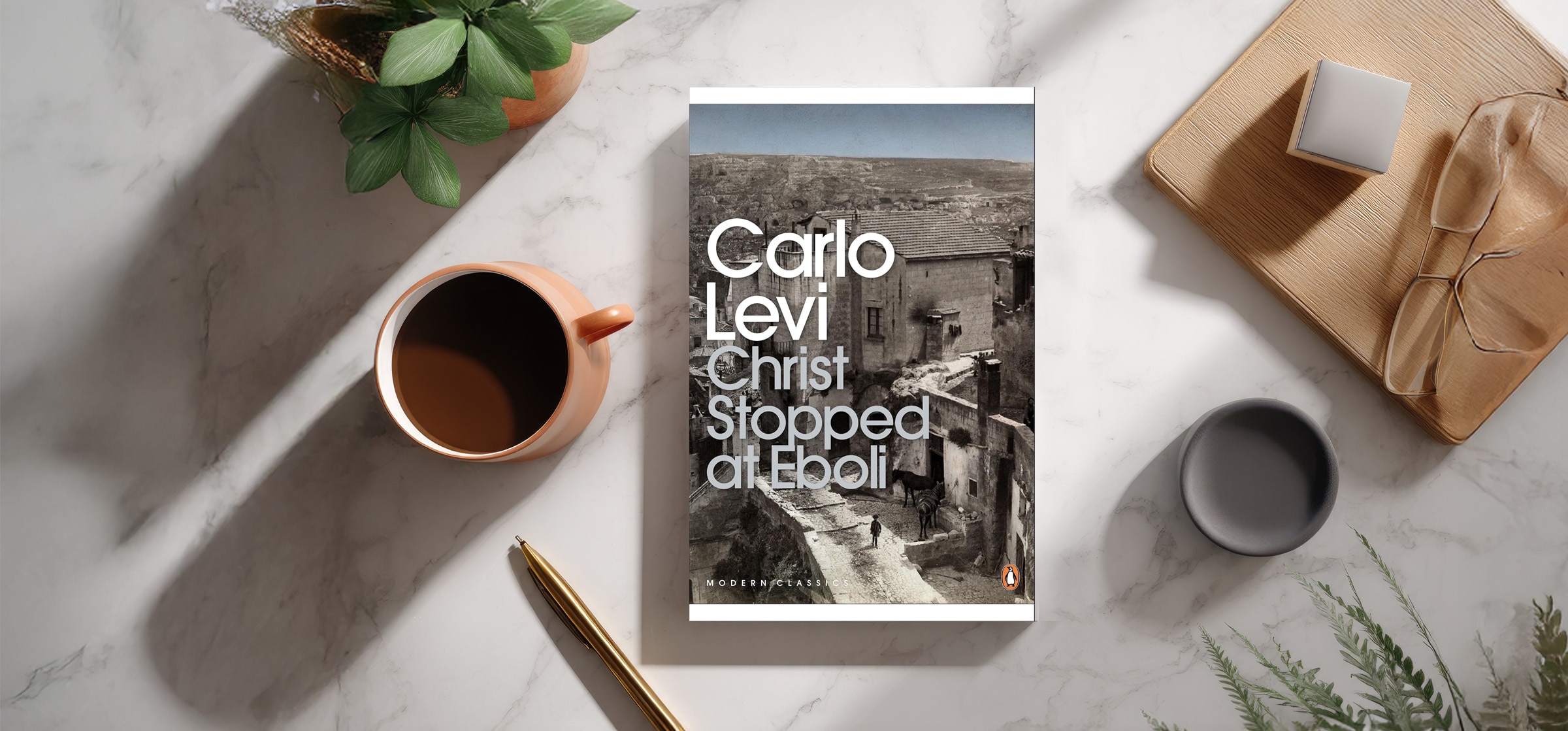
Tristes Tropiques by Claude Levi-Strauss, Penguin
“I hate travelling and explorers”, begins this remarkable book of journeys—real and intellectual. An anthropologist with a genuinely original mind, Levi-Strauss’s academic work could be forbidding. But this is an elegant and melancholy account of his time studying native communities in Brazil among other places, and the making of the intellectual Molotov cocktail that he threw on the French scene.
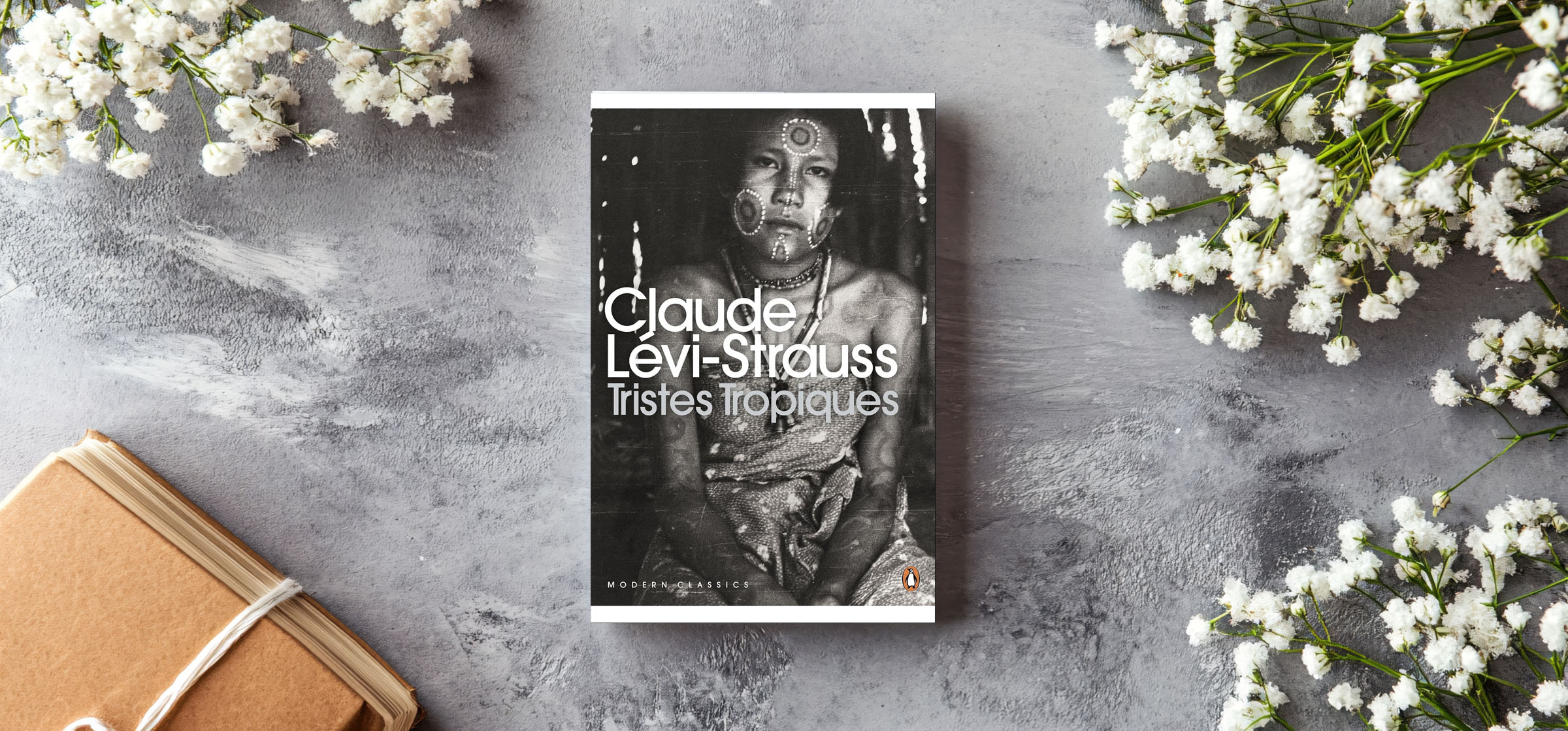
River of Fire by Qurratulain Hyder, Women Unlimited
This extraordinarily ambitious novel follows a small group of characters whose lives intertwine at various points in the millennium of Indian history, preceding Independence and Partition. Hyder’s formidable erudition and imagination are deployed to great effect in offering a vision of India’s syncretic past. I do see the blind spots in this narrative, but find it dazzling all the same.
